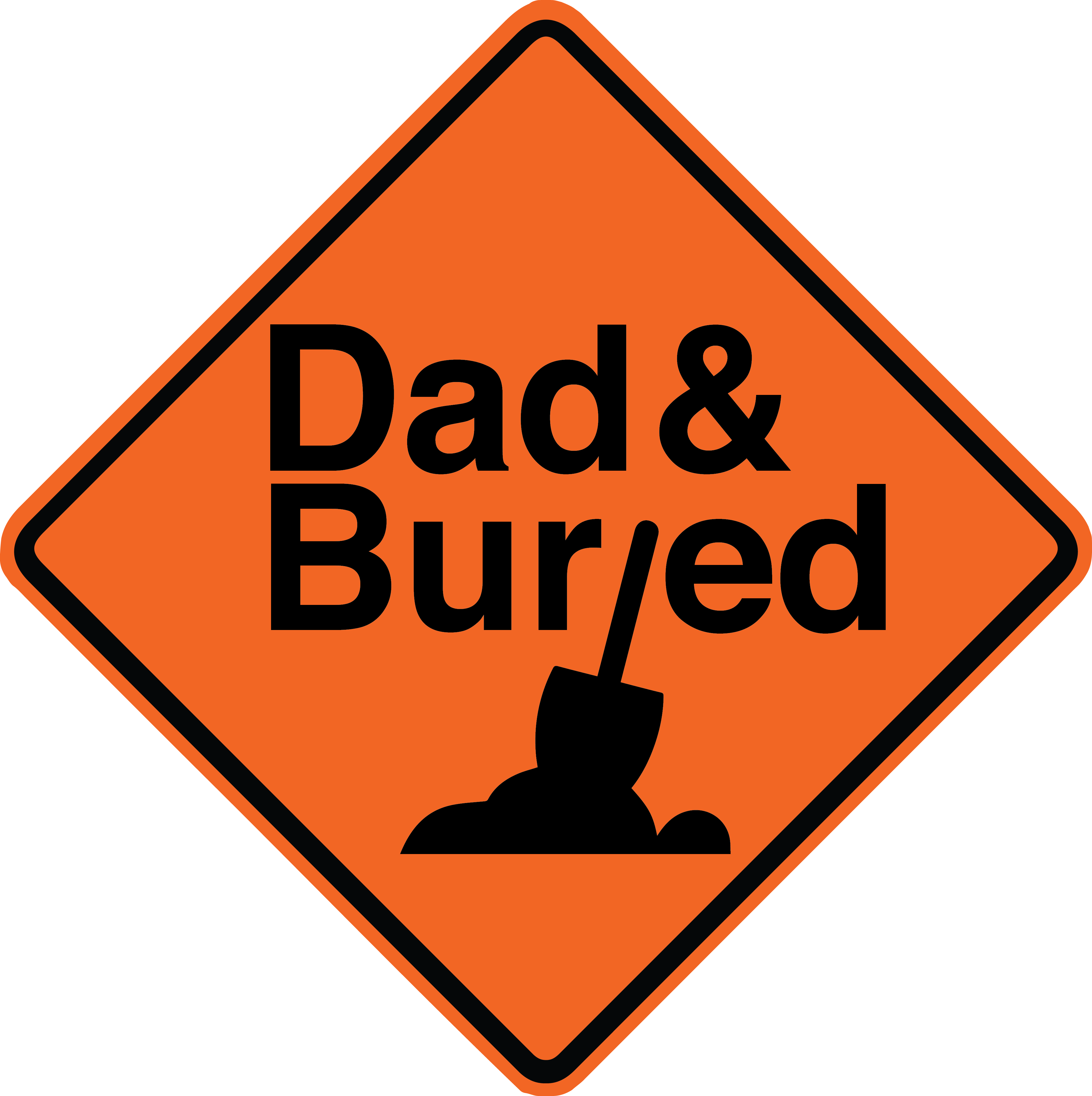I have a 7-year-old and an almost 2-year-old. Which means my oldest is mostly past tantrums (one would hope!), and my youngest is just about to make them his primary means of communication. Can’t wait!
Tantrums are tough. You can’t really blame the kid, especially not the young ones who are still learning how to express themselves while also grappling with those pesky emotions. But that doesn’t mean you can’t try to figure out how to better handle them, to calm your kid down and keep yourself from losing your shit and/or mind.
Unfortunately, many of the proposed tactics aren’t always possible in the heat of the moment.
 My friends at Fatherly posted some “expert tips” for dealing with tantrums and, as usual, the tips are great… in a vacuum. In reality, not so much.
My friends at Fatherly posted some “expert tips” for dealing with tantrums and, as usual, the tips are great… in a vacuum. In reality, not so much.
Let’s explore them! (If you want to read the full version, without my commentary, no hard feelings: Here you go!)
- Tantrum Club Rule #1: Prepare Before You Go Out
Preparing is part of being a parent. You can’t do anything without preparing. But how do you prepare for a tantrum? Fatherly suggests trying to head them off by going over the day’s schedule beforhand, making sure they’re rested and fed, etc. All of those things make sense, but sometimes schedules change, sometimes your kid refuses to eat and wouldn’t nap and now you’re gonna be late so those steps become totally impossible and therefore meaningless. - Tantrum Club Rule #2: Don’t Fight Fire With Fire
This one is all about staying cool, calm and collected while your kid melts down. I’ve heard this advice a lot, I know it’s what you’re supposed to do. This is all excellent advice, and sixty percent of the time it works EVERY time. - Tantrum Club Rule #3: Be Nice
I don’t think there are too many parents who want to be “mean” to their kids. The plan is always to be nice. But things rarely go according to plan. Especially when your kid is going berserk because his big brother got a taco and he wants a taco but he can’t have one because he can’t hold a taco, he can’t eat a taco, and he doesn’t actually even want a taco, he just doesn’t realize he doesn’t actually want a taco. I know I’m the adult and he’s the child but sometimes when a crazy person is screaming in your face for three straight minutes, “nice” goes out the window. Sue me.
I can not reiterate enough how good all of this advice is. Honestly. Unfortunately, “expert parenting tips on tantrums” suffer from the same problem as all expert parenting advice: when you’re actually in the shit, advice goes out the window. It’s better to be lucky than good.
The problem isn’t that these are bad ideas. The problem is that following this advice – any advice! – is not always possible. When you’re out in the world with your actual kids instead of on the couch reading about theoretical kids, it’s much more likely that you’ll react instinctually than that you’ll remember what Dr. Spock said.
Ideally you’ve internalized all this stuff and react perfectly every time your kid melts down, but in my experience that’s rarely true. It takes a long time to train yourself to be a good parent, and thus far, most of us have had a lot more experience reacting as a non-parent than we have as someone in charge of a child. As such, our heat-of-the-moment reactions don’t always align themselves with parenting best practices, even in the best of circumstances.
Tantrums are definitely not the best of circumstances.
 Every tantrum is different, every kid is different, every situation unfolds differently. Sometimes you’re in a good mood and taking a leisurely walk in the park, sometimes you’re already frustrated and running late. Sometimes you’re at home, sometimes you’re in Target, sometimes you’re at a restaurant, sometimes you’re dropping your kid off at daycare, sometimes you’re picking him up. Sometimes there’s an obvious reason for the tantrum (you denied the kid a toy, you took the iPad away, big brother ate a candy bar in front of little brother), and sometimes there is no reason at all.
Every tantrum is different, every kid is different, every situation unfolds differently. Sometimes you’re in a good mood and taking a leisurely walk in the park, sometimes you’re already frustrated and running late. Sometimes you’re at home, sometimes you’re in Target, sometimes you’re at a restaurant, sometimes you’re dropping your kid off at daycare, sometimes you’re picking him up. Sometimes there’s an obvious reason for the tantrum (you denied the kid a toy, you took the iPad away, big brother ate a candy bar in front of little brother), and sometimes there is no reason at all.
The point of these tips is that circumstances aren’t supposed to matter because the behavior they suggest is generally a good idea all the time, in every situation. That’s both obvious and true. I mean, I’ve seen Road House enough times to know that you have to be nice. (And I’ve been a parent long enough to know that, regardless of what Dalton says, it’s never time to not be nice.)
We all know we’re supposed to stay calm, and ignore their antics, and model positive behavior, and hug our kids afterwards. But that doesn’t mean that we always manage it.
Hell, even the world’s greatest bouncer broke down and ripped out somebody’s jugular. (I wouldn’t suggest doing that.)

